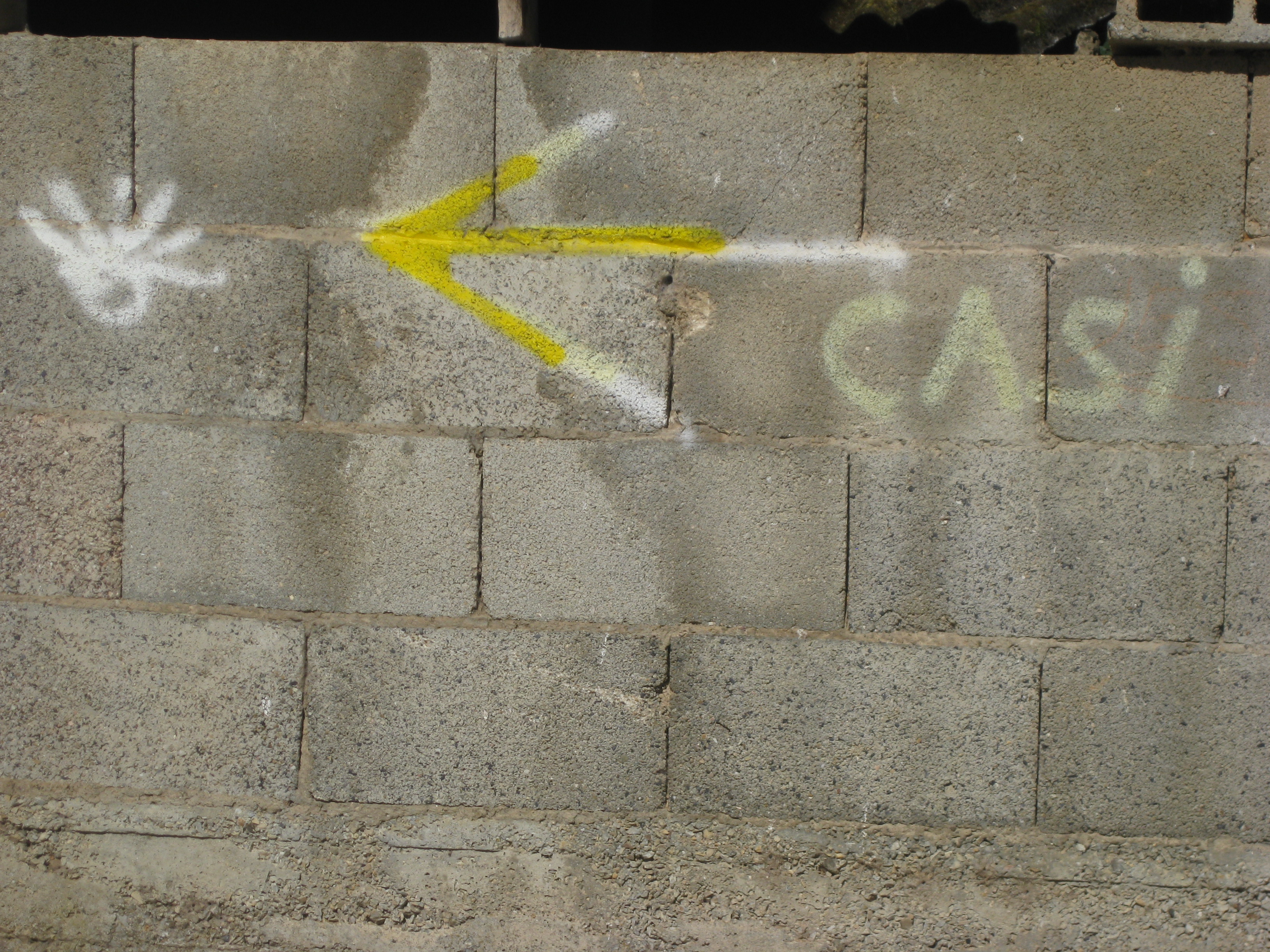Is it possible to be a high-achieving go-getter who readily admits failure? Is it possible to teach young people the tools for achievement and success without sacrificing wellbeing?
Boardrooms around the world are filled with super-smart super-go-getters who have achieved according to the standard metrics of achievement established since kindergarten. While there is little inherently wrong with working hard to achieve, the implicit directorate we often receive is: perform at breakneck speed and go faster. As a result, students feel such pressure to be perfect that getting ahead may be a greater worry than ethical transgressions. Rutgers professor Donald McCabe found that of 24K high school students, 64% admitted to cheating on a test, while 95% admitted cheating in some other form, such as copying homework. Much of the educational reward systems have reinforced this attitude. Get the right grades and the right test scores, and we win the favor of teachers and college admissions officers.
Sometimes, it works.
A fancy college acceptance letter is seen as validation that chronic stress, lack of sleep, and overpacked schedules were worth the sacrifice of joy, meaning, and wonder. Each “win” adds to the evidence suggesting that to keep winning at life, failure is not an option. Get the right deals and the right contracts, and we win the favor of the boss. If not, there is always someone waiting to take our place. While some high-achievers excel while maintaining their sense of purpose and curiosity, others lose sight. These high-achievers might also do extremely well, go to the “right” schools, and make it to the boardroom, but their successes are a house of cards built on the fear of someone else outsmarting them or being outed as less than perfect. Just as copying homework is often seen as acceptable to stay ahead, such a workplace culture can encourage hiding mistakes or exaggerating projections.
The façade may work for a while. Even a long while. Until a point where the constant pressure to achieve creates stress fissures, initially so deep and hidden, they go unnoticeable. Then come little giveaways. The quick flare of temper when something doesn’t go as planned. The neck pain. The strained relationships. The stress fissures become hairline fractures, almost imperceptible flaws that compromise the integrity of the whole house of cards. Eventually, these fractures get larger until they break.
Many boardrooms are filled with talented go-getters who grapple with chronic stress and anxiety, evidence of an education that encourages winning and perfection, rather than healthy drive and innovation. It isn’t uncommon to hear comments such as, “I understand intellectually why failure is important…it’s a great concept, but unrealistic in the real world. We’re too busy, and our work is too important.”
Too busy to question whether decisions are smart, and not just quick? Too busy to strategize how to achieve mutual benefit, and not simply to ‘win?’ While some of these high-flying high-achievers confidently often speak about their ready-to-rule-the-world attitude, they squirm in their seats at the words like “empathy” and “failure.” As many education systems have encouraged, it is easier to laser focus on achievement with a win-before-someone-else-takes-my-spot attitude than on achievement with failure and vulnerability.
Science suggests that our brain achieves more when we embrace failure. When we make a mistake, the dopamine signaling in our brains helps inform us so that we can – hopefully – learn from it. If we are repeatedly punished for making mistakes (parents’ disappointment at a B+), our brains will reinforce the connection. To avoid punishment, avoid mistakes at all costs. If instead, we are encouraged to learn from our failures, our brains equate mistakes as opportunities to go even further. It shouldn’t be too surprising then that companies, such as Pixar, that celebrate mistakes tend to have innovative and invested employees.
Scientist Paul Zak also found that leaders who are willing to accept responsibility for their mistakes and be vulnerable have more engaged employees. He noted that a leader’s vulnerability helps to release oxytocin, the hormone that helps us feel good, in others. In other words, a capable leader who admits to imperfection triggers the brains of those around them to feel more connected to them, thereby making them even more effective.
Unfortunately, vulnerability and owning up to mistakes is not something most educational systems currently teach as a way to achieve. But it could, and as a result, drive achievement to even higher levels.
- Embrace failure
Reframe mistakes from doomsday for success to exciting opportunities for even greater achievement. Celebrate, not punish, when others make a mistake. Retrain the brain to see mistakes as evidence of being on the right path towards something more fantastical.
- Be vulnerable
Take the lead and open up about less-than-perfect perfection. Role modeling how to take accountability and handle setbacks become a critical part of true and effective leadership. Release the need to be perfect, as there is no such thing.
- Take a pause
Before making split-second decisions to prove the speed of work, take a moment to pause and ensure they are the wisest and most appropriate ones. Slowing down may help to speed up in a smarter, more effective, and intentional way.
Education systems can help motivate students to perform at their best in a way that allows them to go even further than they had ever thought. And dismantle the notion of what achievement truly means in real life.
Subscribe here for all the latest news on how you can keep Thriving.
More Thrive on Campus:
What Campus Mental Health Centers Are Doing to Keep Up With Student Need
If You’re a Student Who’s Struggling With Mental Health, These 7 Tips Will Help
The Hidden Stress of RAs in the Student Mental Health Crisis


